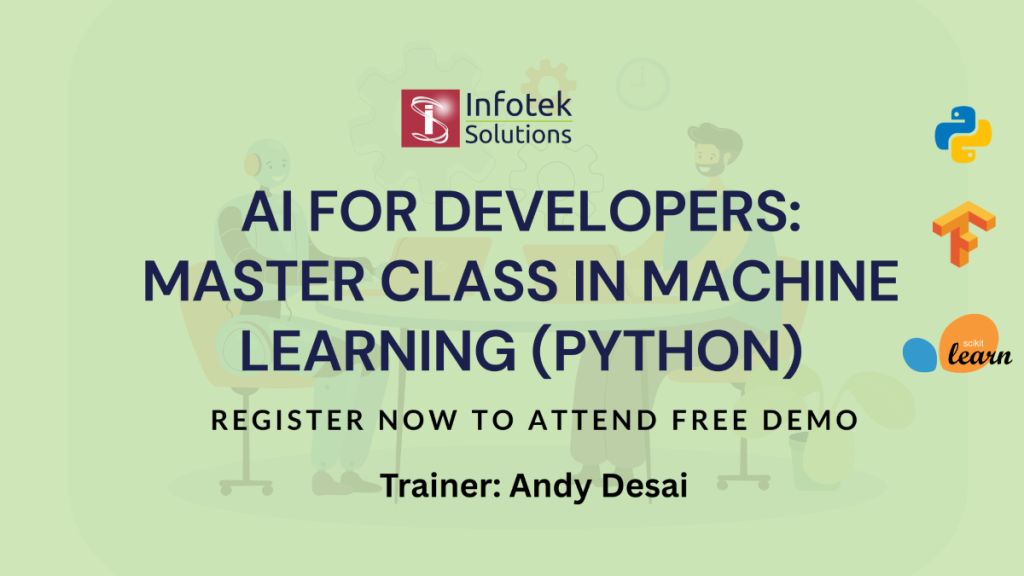- Learning Objectives: Understand classification problems, implement common classification algorithms, and evaluate classifiers using appropriate metrics.
- Topics:
- Classification Problems: Predicting discrete categories.
- Common Algorithms:
- Logistic Regression (for binary classification).
- K-Nearest Neighbors (KNN).
- Support Vector Machines (SVM – basic concepts).
- Decision Trees & Random Forests (intuition and usage).
- Model Evaluation for Classification: Accuracy, Confusion Matrix, Precision, Recall, F1-score, ROC Curve & AUC.
- Handling Categorical Features: One-Hot Encoding, Label Encoding.
- Feature Scaling: Standardization, Normalization (why and when).
Hands-on Lab: Build and compare multiple classifiers (e.g., Logistic Regression, KNN, Random Forest) on a dataset (e.g., Iris dataset, Titanic survival prediction). Practice feature encoding and scaling. Evaluate using various metrics.




